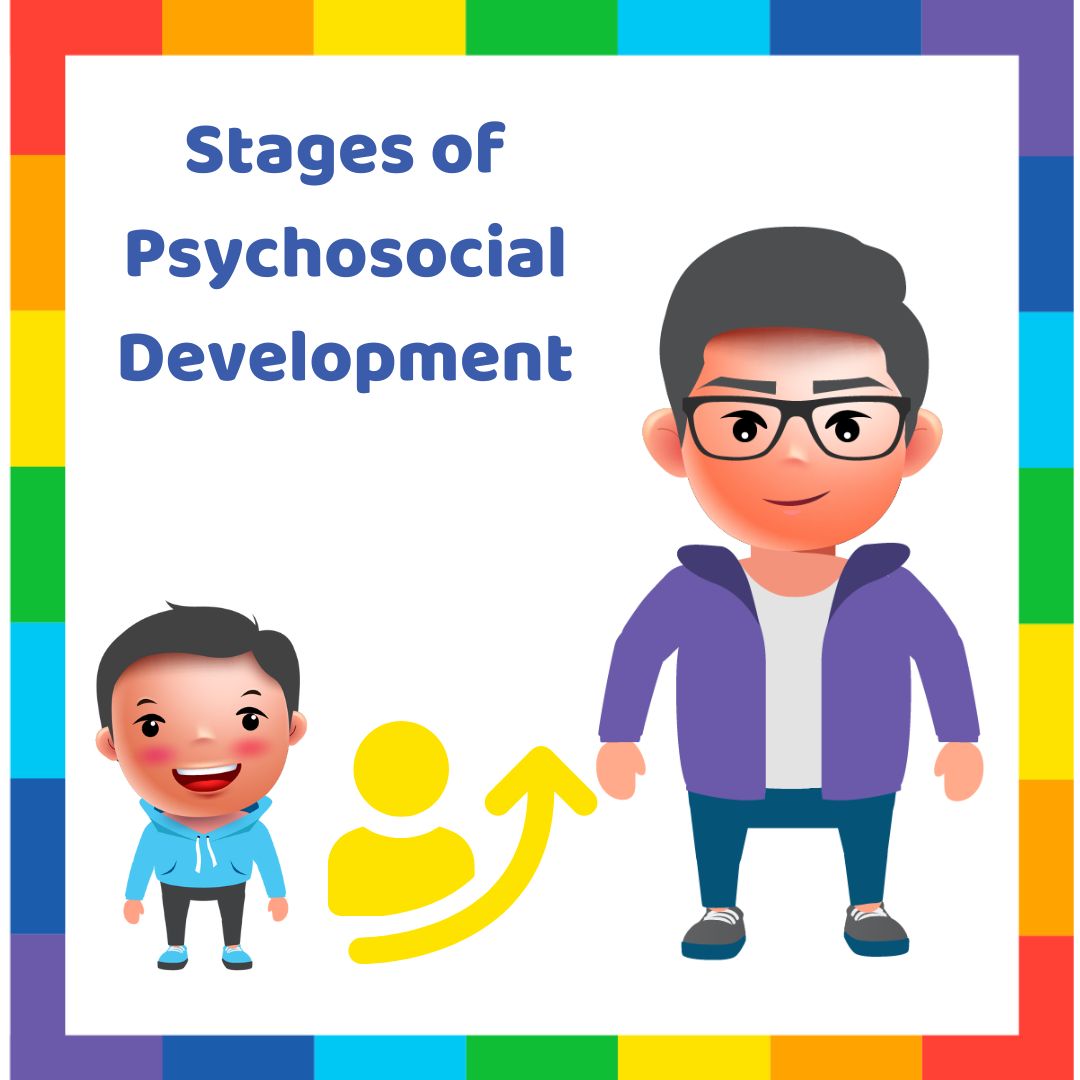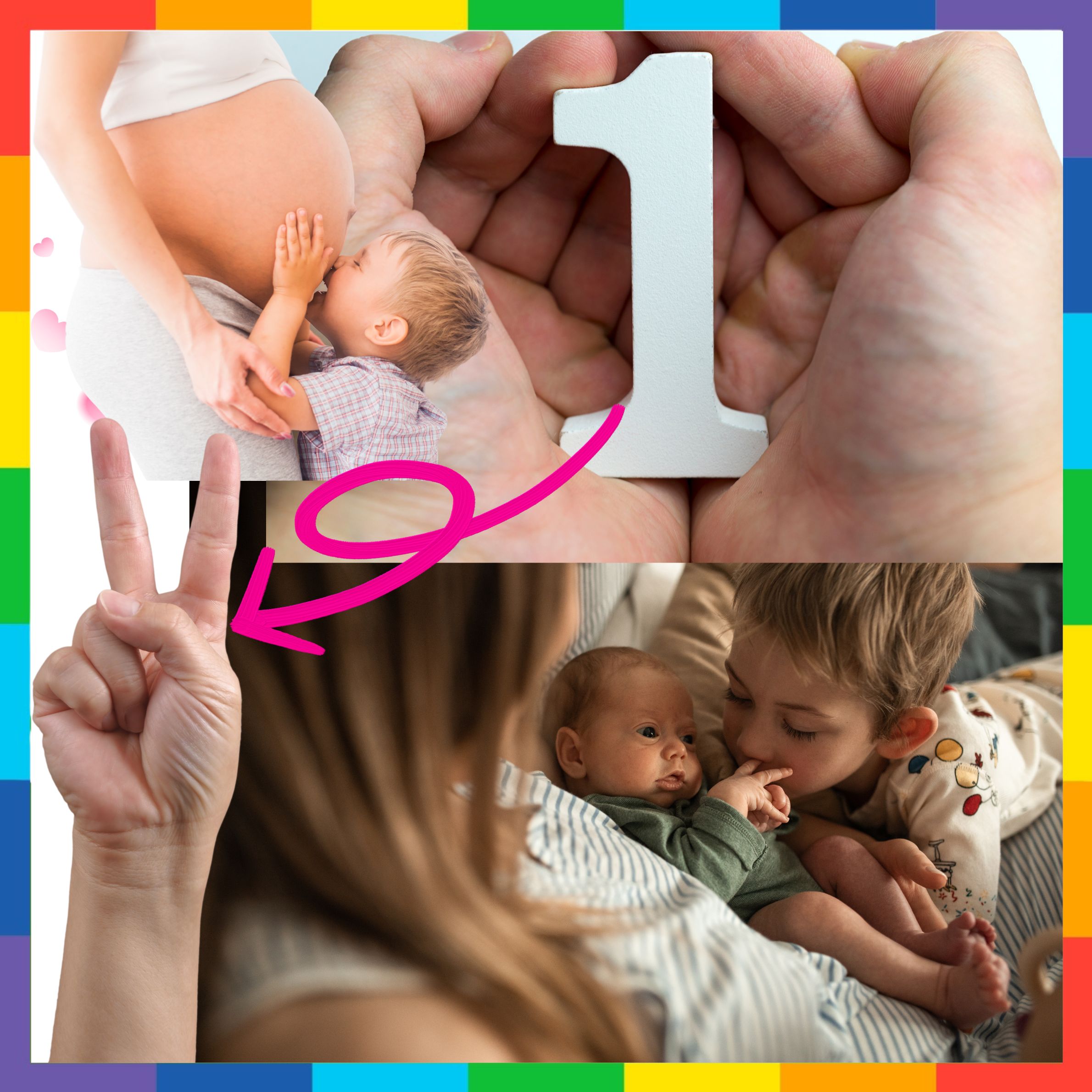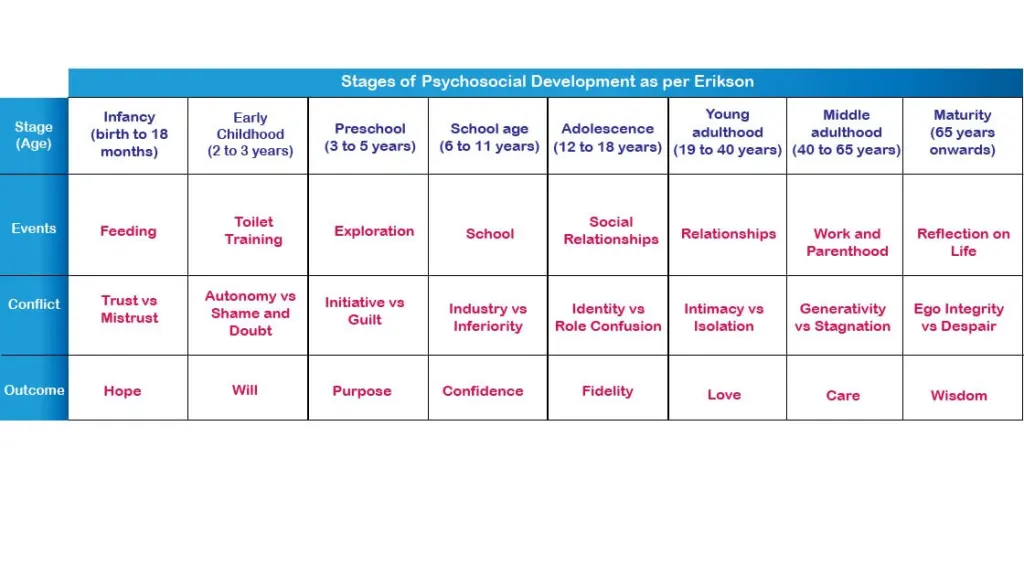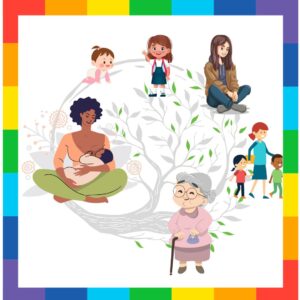
Parenting Tips
Children’s Mental Development and Growth –Who Can Help Best?
June 1, 2022
Related
Topics

Hey
-

-

Green Parenting: How to Make Your Home More Eco-Friendly?
April 24, 2025
-

How Can Parents Prepare for a Second Child? Simple Guide 101
March 28, 2025
-

-

Mindful Parenting: How to Reap the Benefits?
January 14, 2025
Ready for more?
Hey
Sign up for Rainbow Kiddies newsletters for more stories and updates
Children’s mental development and growth are topics that do not get discussed generally, unless there is a problem. Physical development is what takes up most of the discussion space. It is important to understand that the former is equally important too and parents can do the most in ensuring their children’s healthy mental development also.
At several junctures in our life we end up wondering why we are the way we are. While all of it is not easy to explain, most of it is. I realized this only when I started digging deeper into child psychology.
Though there are many theories that explain child development, the one I found most useful was Erikson’s Psychosocial theory. The age range may not be just as relevant anymore because times are changing and children seem to be developing at a pace faster than at older times. Here is a quick glance.

Most of the features/ behaviors that we see in ourselves and other people around us can be explained through these stages or rather through the major issues or life changing events that we have experienced at any of these stages.
Let us go a bit deeper into each of them.
More on Children’s Mental Development and Growth:
- Explaining Erikson’s Stages of Psychosocial Development
- Infancy (birth to 18 months) – Trust vs Mistrust (Hope)
- Early Childhood (2 to 3 years) – Autonomy vs Shame and Doubt (Will)
- Preschool (3 to 5 years) – Initiative vs Guilt (Purpose)
- School Age (6 to 11 years) – Industry vs Inferiority (Confidence)
- Adolescence (12 to 18 years) – Identity vs Role Confusion (Fidelity)
- The Adult Stages – A Quick Summary
Explaining Erikson’s Stages of Psychosocial Development

Infancy (birth to 18 months) – Trust vs Mistrust (Hope)
This is the stage at which they form trust, yes, so early on. When they are attended to, held or fed, they start developing trust. I know there are a lot of people who believe that children should be left to cry and they will get used to it. Yes, they will. Furthermore, they will also lose their ability to form relationships or develop trust. So, next time when someone tells you not to attend to your babies’ cries, do not listen to that advise. No one is more important than your baby. Satisfy your babies’ needs first.
Early Childhood (2 to 3 years) – Autonomy vs Shame and Doubt (Will)
At this stage they start showing interest in being more independent. They will be keen on accomplishing tasks like toilet training, dressing up on their own, drawing, painting, reading on their own, etc. Though there is very little chance that they will do any of this perfectly, it is very important that we do not scold them for making that little mess or not doing it right.
Shaming and scolding at this stage can lead to development of fear, make them doubt their own capabilities, and eventually lead to low self-esteem. Besides, they will have no choice, other than constantly look up to you for approval and this will not help them in the long run. Encourage them to make small decisions for themselves – like what dress/ shoes to wear, which color to use for drawing, which book to read at bedtime, etc. This will give them a sense of autonomy.
Preschool (3 to 5 years) – Initiative vs Guilt (Purpose)
Let them explore, take initiative or choose what games to play. Try to play along, follow their cute instructions and imitate what they are doing. This will give them more confidence to take initiative. Besides, try not to interfere when children are having little arguments or confusion while playing with their friends. Instead, teach them how to be assertive and help them settle disputes on their own (have a look at our post on how to nurture assertiveness in children here).
Making fun of their ideas or putting them down will make them feel guilty. Same happens when you interfere while children are having an argument and take sides or blame/ scold your own kid. Also encourage pretend play, it helps them communicate better and form relationships.
School Age (6 to 11 years) – Industry vs Inferiority (Confidence)
This is when they start getting more involved in school, in studies and learn new activities. Teachers and peers assume a lot of importance along with parents at this stage. Failure to achieve demands, targets or expectations, and being called out for that can have a huge impact and affect their confidence. Comparison with siblings and peers can have the same effect too.
Be mindful when you guide them. Use the right words and be positive. Further, ensure that you do not hurt their budding self-esteem. Moreover encourage them to try, motivate and inspire them. If their interest lies somewhere else, give them the chance to explore and decide what they want to pursue. Most importantly, do not use unkind words. Refrain from making negative remarks on their appearance. Further, help them feel good about themselves, just the way they are.
Always remember that every kid is different and they have their own capabilities and limits – whether it be at academics, sports, arts or anything. Do not push harder than what they can achieve. Encourage them to give their best and appreciate them for the results. Refrain from comparing them with others, or from crediting genetics/ yourself for their achievements. Such tiny, but helpful measures will give them a lot of confidence in their abilities. They will be able to identify their interests, work towards them and also build healthy self-esteem in the process.
Adolescence (12 to 18 years) – Identity vs Role Confusion (Fidelity)
This is a major transition phase – from child to adult. Along with the body, the mind also changes. Children will take time to get accustomed to the major changes happening in their appearance and body. Sexual desires and inquisitiveness start taking shape now. Though sex education happens in most schools these days, it is important that parents educate them too. Doing so will give them the confidence that they can discuss about their relationships with you.
This is also the time by when they might have decided what they want to do in life. Again, guide them and get them the required support. Let them experiment, make mistakes and learn from them. Do not force roles upon them. It can cause role confusion – they might start fighting the pressure and form a negative identity. If done right, by the end of this stage they will have a sense of self (role in family, life, society, work, etc.).
The Adult Stages and it How it is Impacted by Early Stages of Development
Since we are done with the stages in childhood, I will quickly run through the adult stages for the sake of completeness. Remember that every stage is dependent in a big way on the preceding stages. What has been built in childhood impacts your life as an adult as well. This is precisely the time when we start recognizing such issues also. Majority of mental health issues and personality issues start getting noticed and addressed now. If we handle the childhood stages properly, there is little chance that as adults our children will have any major issues. This would probably be the best we can do for them and for everyone around us.
Young Adulthood (19 to 40 years) – Intimacy vs Isolation (Love)
At this first adult stage, people start forming relationships. Being able to trust (developed in infancy stage) somewhat defines how we perform at this stage. Even qualities like assertiveness, identity and self-esteem that we must have learnt as children have an impact on this stage. Not being able to form healthy relationships will lead to isolation.
Middle Adulthood (40 to 65 years) – Generativity vs Stagnation (Care)
At this stage we get busy caring for our kids, loved ones, society, etc. We give to the larger society/ world through our work. Generativity makes us feel like a part of the larger world that we live in and gives us a feeling of accomplishment. If we fail at this stage we feel non-productive and it leads to stagnation. Again this stage is dependent on all of the earlier stages since infancy.
Maturity (65 years and above) – Ego Integrity vs Despair (Wisdom)
This is the final stage when we reflect back on our life. If there were accomplishments and we made at least a few of our dreams come true, we feel a sense of ego integrity. On the other hand, if we end with more regrets than accomplishments we feel despair. Too much despair at this stage can lead to depression and similar issues. A healthy balance of ego integrity and despair will give happiness at this stage. Letting kids spend time around elderly, especially grandparents is great because they can learn from the lessons they learnt in life.
Lastly, but most importantly, be their best buddy, guide and support for as long as you can.
Read this research article to learn more about Erikson’s stages of psychosocial development.
Happy parenting!
Want Rainbow Kiddies' updates sent straight to your inbox? And also get a surprise welcome gift!




